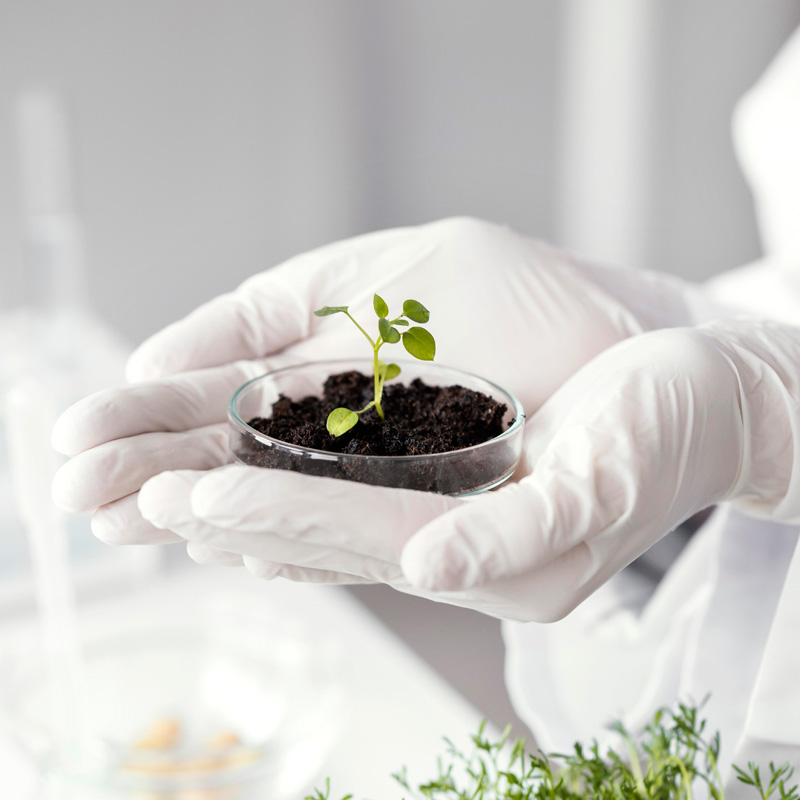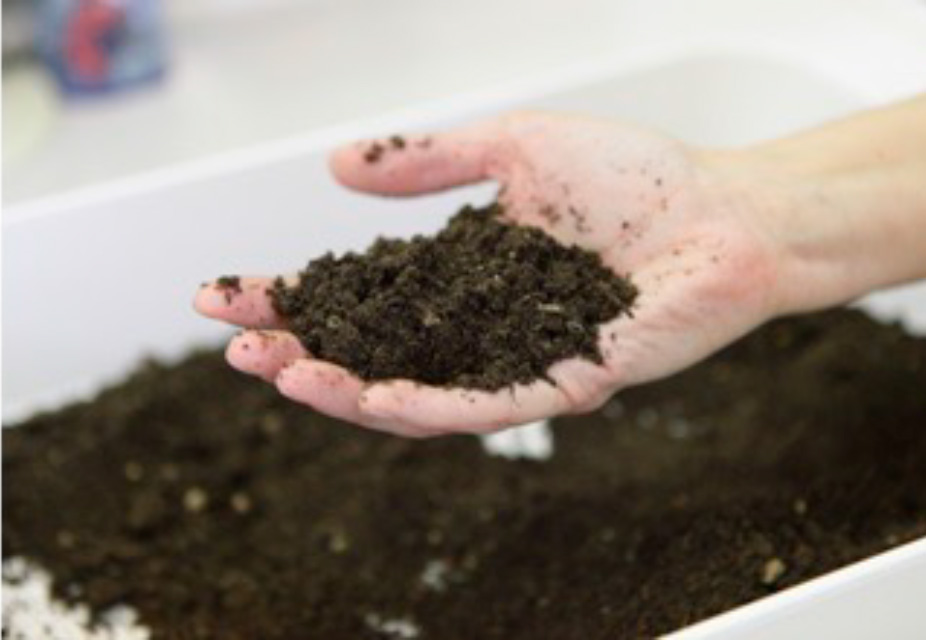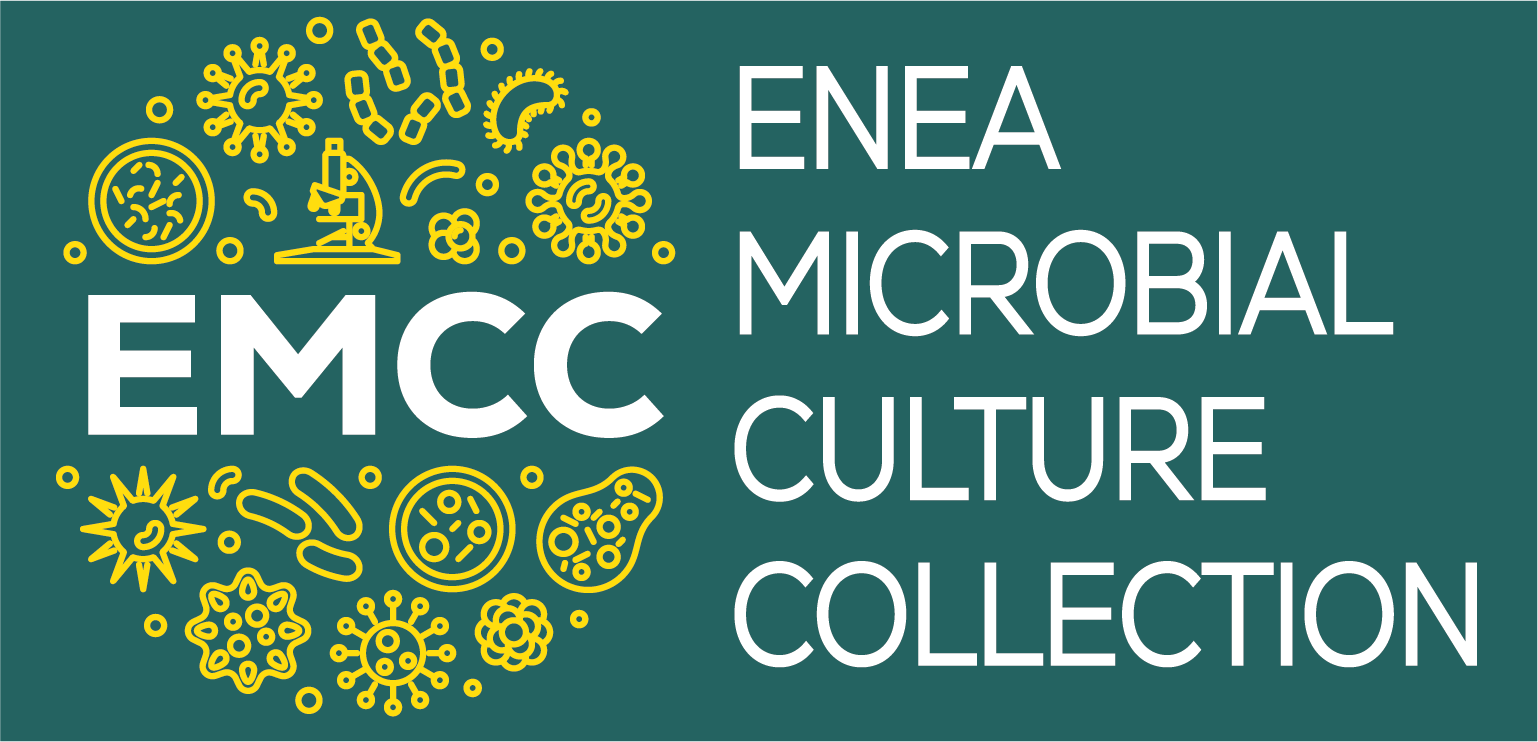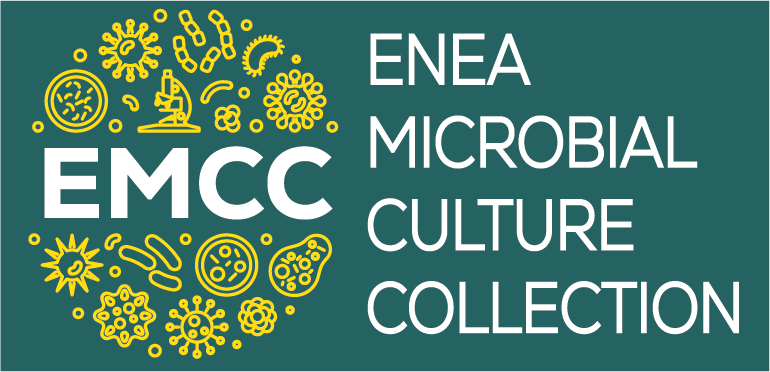ENEA Microbial Culture Collection

Microorganisms for applications in agriculture

The soil hides an extraordinary number of microbial species that, through their metabolic activities, play a crucial role in what are known as "ecosystem services," including the organic matter cycle, nutrient mobilization, humus formation, plant development, and carbon sequestration. The soil hosts over a quarter of all living species on the planet. In just a few grams of soil, there are billions of bacteria, hundreds of kilometers of fungal hyphae, tens of thousands of protozoa, thousands of nematodes, hundreds of insects, arachnids, worms, and hundreds of meters of plant roots. Therefore, the soil represents a complex network of interactions involving a multitude of living beings.
The metabolic activities of these organisms, especially bacteria, are essential for the entire ecosystem. Its biodiversity ensures its maintenance in conditions of health, forming the basis for essential goods for our survival, such as food, water, and clean air. Furthermore, as the soil constitutes the planet's second-largest carbon reservoir, its biological component also plays a crucial role in climate regulation and the reduction of biodiversity diminishes its ability to regulate the atmosphere's composition and counteract global warming. The pressures exerted on the soil by human activities, both directly and indirectly, have triggered a degradation process that occurs dramatically faster. Soil degradation involves phenomena such as erosion, salinization, contamination, and acidification, resulting in the loss of carbon and biodiversity, reduced water retention capacity, disruption of gas and nutrient cycles, and decreased degradation of contaminating agents. This leads to a substantial loss of fertility and a decrease in soil productivity, along with a significant deterioration of the entire ecological scenario. The conservation of soil biodiversity is a fundamental prerequisite for safeguarding communities of organisms that perform essential functions within it, ensuring the functional balance of the entire ecosystem.
Microorganisms for primary production: research areas
ENEA has been interested for years in the study of systems aimed at safeguarding soil quality and fertility, participating in national and international research projects. During experiments, microbial strains of PGPR (Plant-Growth-Promoting-Rhizobacteria) and nitrogen-fixing strains have been selected. The technical-scientific expertise covers the following thematic areas:
1
Soil Microbiology:
Analysis of the genetic and functional diversity of bacterial populations in soil and the rhizosphere of agronomically relevant plants; analysis of the plasmid content of soil bacterial communities; assessment of the impact of soil use and agronomic practices on the genetic and functional biodiversity of soil bacterial populations; analysis of interactions between soil and rhizosphere microorganisms and agronomically relevant plants; study of the soil and rhizosphere microbiome of agronomically relevant plants and identification of biomarkers for soil quality and health status; culturomics and metagenomis of bulk and rhizosphere soil; isolation of beneficial soil and rhizosphere microrganisms.
2
Sustainability and quality of agri-food and agroforestry production:
Characterization of bacterial communities in soils cultivated with sustainable agricultural practices (cover cropping, no-tillage, crop rotations, low fertilizer levels) with different use and levels of crop intensification; identification of microorganisms indicative of fertility in agricultural and forest soils; identification of rhizospheric microorganisms with plant growth-promoting activity and antagonistic effects on pathogenic fungi (PGPR) for use as microbial inoculants for sustainability in agriculture. Over the years, ENEA has isolated bacteria from the rhizosphere of maize with nitrogen-fixation activity and plant growth-promoting capabilities (PGPMs, Plant Growth-Promoting Microbes), biocontrol agents against pathogenic fungi, and specific bacterial strains have been identified as suitable indicators of soil health and fertility. The use of PGPMs in agriculture, either individually or in consortia, represents an effective tool for promoting plant growth and/or controlling plant diseases. This serves as an alternative to chemical pesticides, promoting human and environmental health. ENEA has isolated, selected, and characterized natural microbial antagonists, such as Burkholderia ambifaria MCI-7 and Bacillus subtilis ET-1 strains capable of counteracting the development of phytopathogenic fungi through the synthesis of various metabolites, including siderophores, lytic enzymes, and antibiotics. Specifically, for the latter strain, pilot-scale protocols have been developed to produce cellular biomass and secondary metabolites with antifungal properties. Experimental trials have also been conducted in vivo on various crops.
3
Use of microbial consortia to improve agricultural productivity and increase food productivity and quality, and adoption of management strategies that increase the sustainability and productivity of global agriculture
Recognizing the extraordinary value that soil microbial biodiversity holds for plants and human beings, it is now crucial to understand how to harness it to improve crop production and human life. Among sustainable actions, the use of microbial treatments (specifically, some probiotic products for plants) is gaining ground in recent years and could make us less dependent on chemical fertilizers. Exploiting the multifunctional potential of underground biodiversity in agriculture and introducing microbial populations with the potential to promote plant growth can improve both soil fertility and crop resistance to biotic and abiotic stresses. Multifunctional microbial consortia composed of Plant Growth-Promoting Microbes (PGPMs) with various functions (nitrogen fixers, phosphorus solubilizers, antagonists of phytopathogens) are excellent candidates to promote increased productivity and sustainability of food chains, leading to the creation of new sustainable and high-quality foods. The use of microbial cultures in agriculture could initiate a new, more sustainable green revolution than the previous one. The challenge is to valorise soil microbial biodiversity and develop new bio-products that, when applied to crops, can defend them against abiotic and biotic stresses, enhance nutrient absorption capacity, or improve the quality of production. During the activities of the SIMBA project, researchers of the ENEA Sustainability, Quality and Safety of Agri-food Production Laboratory developed multi-functional microbial consortia which were applied in the open field to improve production and quality in plants of agri-food interest: wheat, corn, tomato. ENEA researchers selected some PGPMs, assembling them in three consortia which were then subjected to experiments in the greenhouse and in the open field. The research also took into consideration possible means of administering microorganisms effectively and easily to crops in the field.


